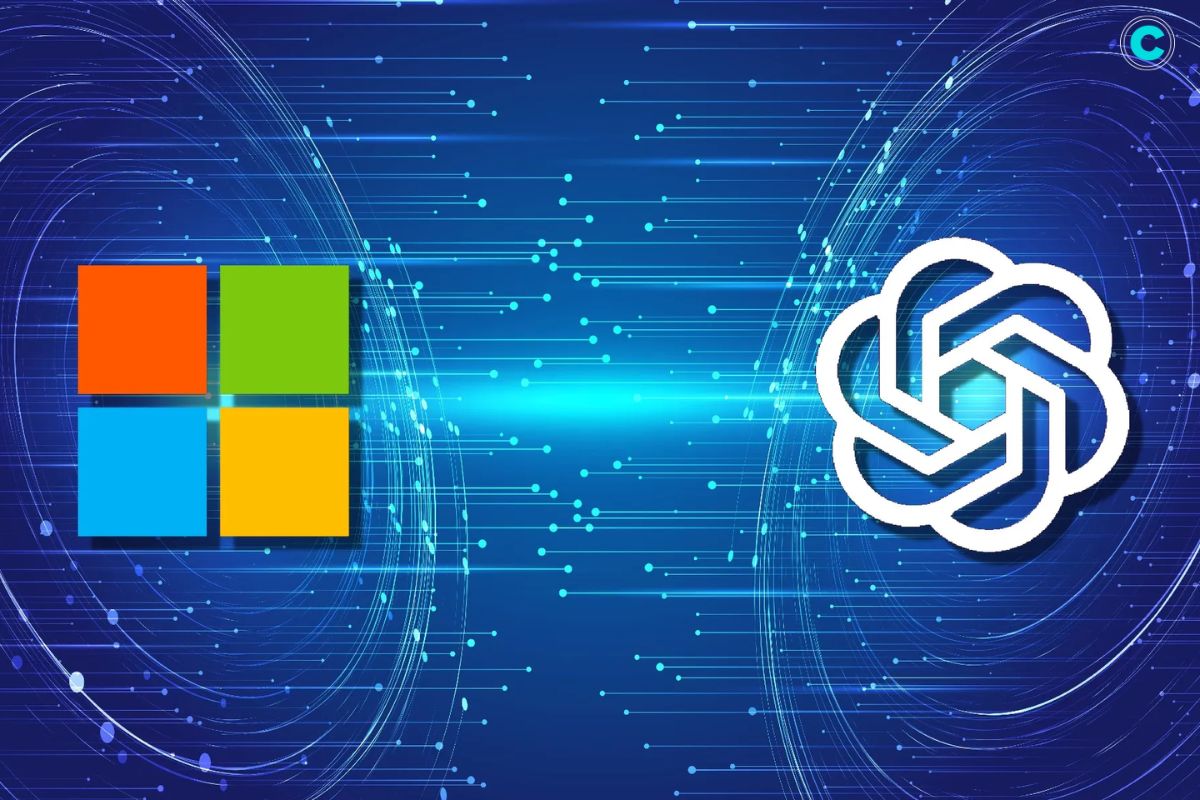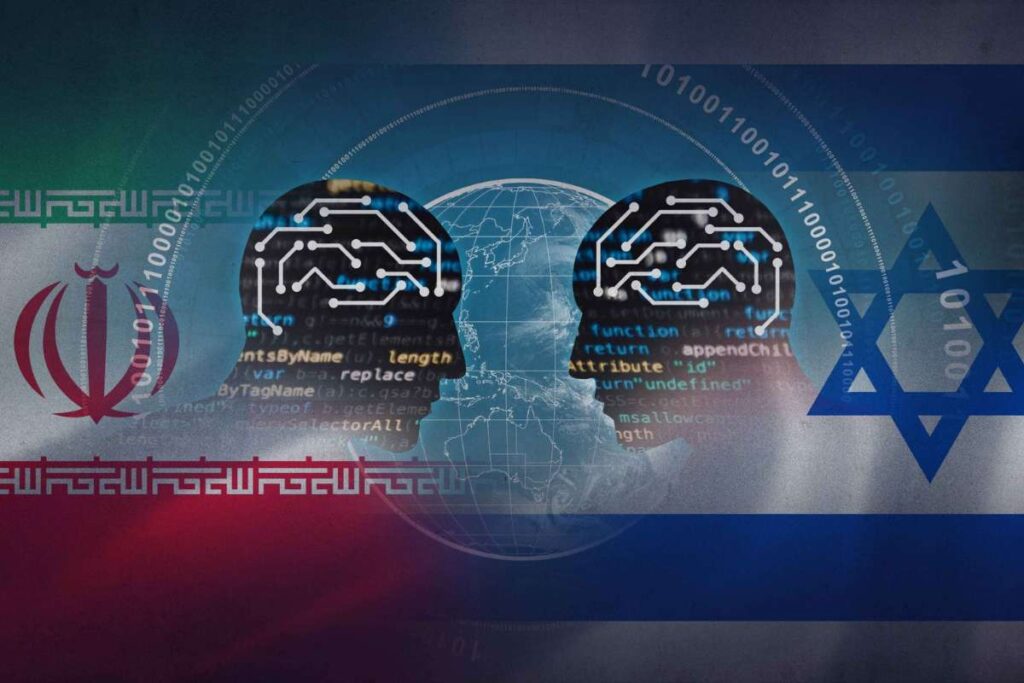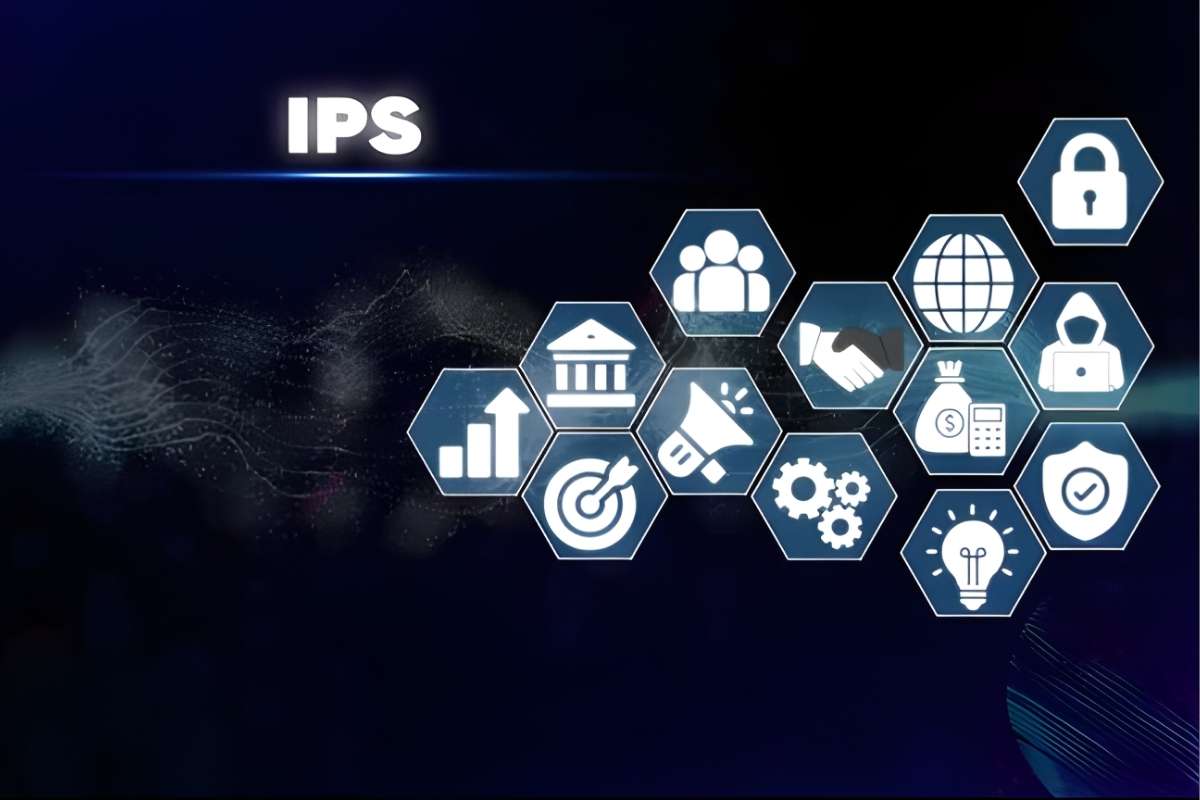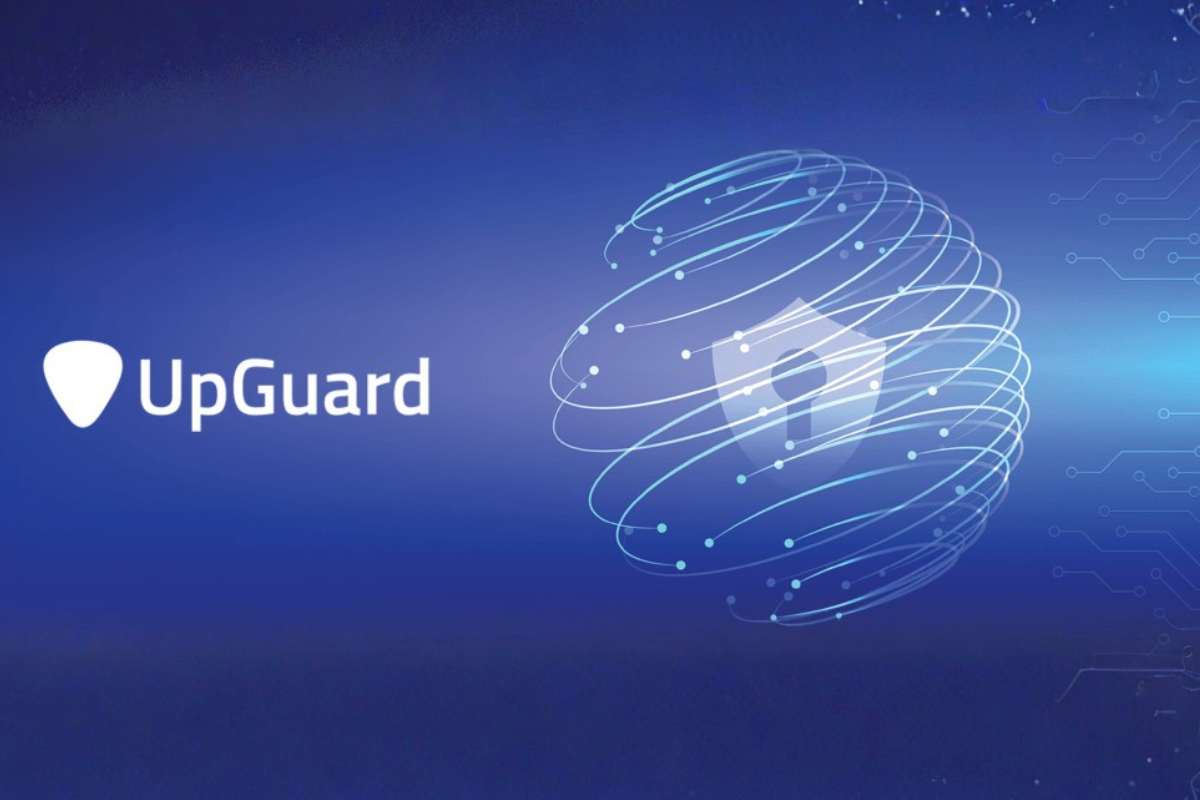(Source – PC-Tablet India)
Microsoft Shifts AI Development to OpenAI
In a significant move, Microsoft is transferring the development of its leading artificial intelligence tools and software to OpenAI. This strategic shift, highlighted by Okta CEO Todd McKinnon, could potentially benefit Google, Microsoft’s primary competitor. McKinnon emphasized that Google has maintained a stronghold in AI research without outsourcing its R&D, a key advantage in the competitive landscape.
Transformers, the deep-learning models crucial for today’s generative AI technologies, were initially developed by Google. These models understand context and meaning by analyzing relationships in sequential data, such as text. “The breakthrough was the research from Google, the transformers which are the algorithm that all these large language models are using to make these big advancements,” McKinnon noted.
Microsoft’s Evolving Role in AI
Microsoft shifts AI development to OpenAI: Despite Microsoft’s substantial investment in AI, McKinnon suggested that the company’s role might diminish to that of a “consultancy.” Microsoft’s partnership with OpenAI, the creators of ChatGPT, has seen the integration of OpenAI’s technology into Microsoft’s key products, including the generative AI chatbot CoPilot and AI-enhanced PCs. Microsoft’s financial commitment to OpenAI totals approximately $13 billion, with the aim to accelerate AI breakthroughs for widespread benefit.
McKinnon remarked on the odd dynamic within Microsoft, where the most innovative AI developments are attributed to OpenAI. “Imagine working at Microsoft. OpenAI is over there making all the exciting stuff. It’s almost like Microsoft is going to turn into a consulting company,” he said. Meanwhile, Google faces challenges in achieving commercial success with its AI projects, despite its foundational role in developing AI technologies.
Challenges and Future Prospects
Google’s journey with AI has not been smooth. The company has encountered public setbacks, such as incorrect responses from its Gemini AI chatbot and the generation of ahistorical images. These issues led Google to pull its Gemini image generator for pictures of people, pending further investigation.
McKinnon pointed out that AI development requires massive investments from major tech companies, unlike earlier technology advancements such as personal computers and cloud computing. “The only reason OpenAI can get it working is because of the great R&D that they needed — $10 billion from Microsoft, to run the model,” he explained. This significant financial backing sets AI apart from previous technology cycles.
However, McKinnon warned that the heavy investments by tech giants could lead to competition concerns and regulatory challenges. He suggested that AI’s potential could be hindered by issues like disinformation, which might “stunt the progress in technology.” McKinnon also expressed concerns that stringent regulations could consolidate control of AI development among the largest and most powerful companies, limiting innovation.
In conclusion, Microsoft shifts AI development to OpenAI, the dynamics within the industry and the challenges faced by Google underscore the complexities of achieving and sustaining success in this rapidly evolving field. The future of AI will likely hinge on balancing innovation with regulatory oversight, ensuring that advancements benefit the broader society.






